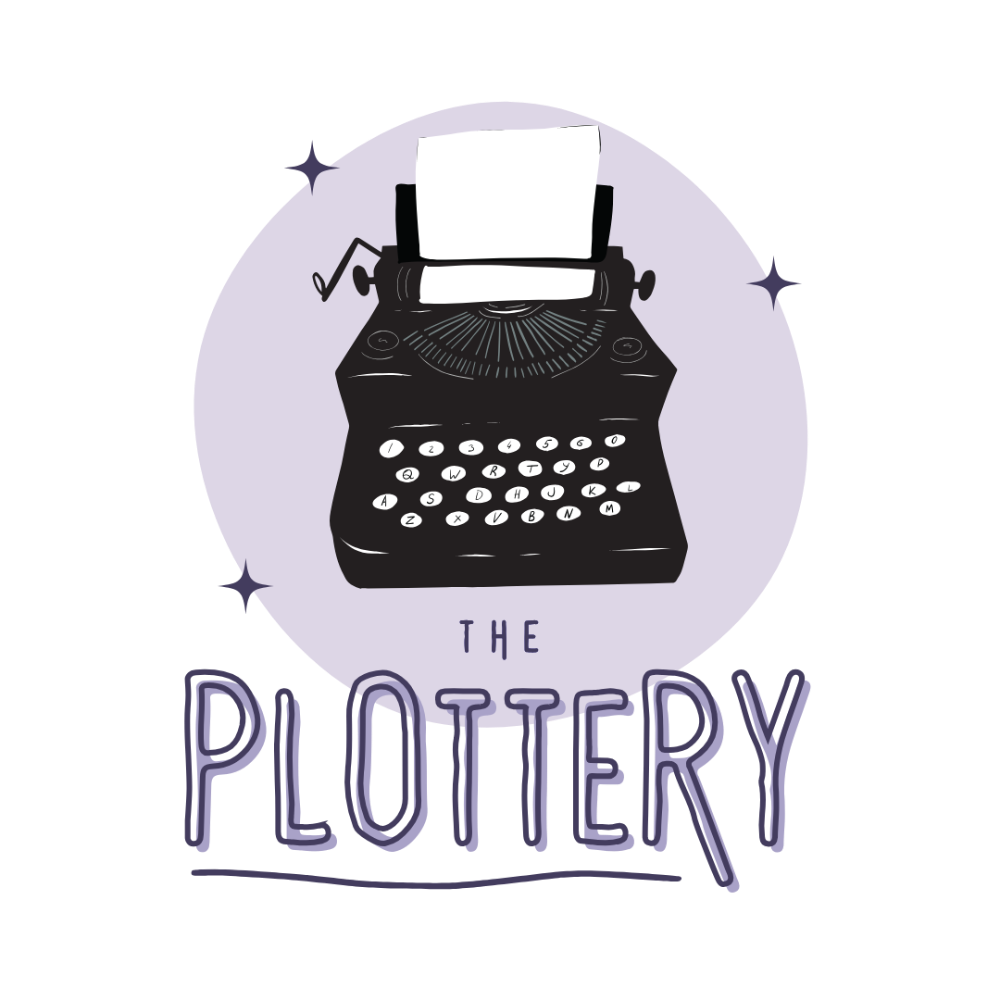
If you’re an enjoyer of fantasy and want to try your hand at the genre, one of the most intimidating things at first can be designing the magic system.
If done wrong, any magic in the story will just be a convenient plot device that the characters pull out when needed, effectively killing any tension or suspense to drive the story forward. To avoid this, you have to make sure that your magic causes more problems than it solves.
Start by brainstorming ideas that you find engaging
The first thing you need to do is get a general idea of what your fantastical powers will look like and operate. Magic can come from many places. Find what inspires you by looking through other fantasy books, history, and mythology.
Here are some of the common sources of magic:
- Mythical gods
- Religion/Faith
- Nature
- Demons/Demonic entities
- Life force/physical energy
Then, it’s time to think about how this magic is used. Magic can be evoked through:
- Ritual
- Enchanted objects
- Spoken spells
- Gestures and movements
- Physical touch
There are so many options to consider when writing, but these are a great point to start.
Remember — Magic can’t solve everything.
What will really set your system apart and help you create conflict in your story is defining the drawbacks of magic use and its limitations.
To make sure the magic in your system isn’t overpowered consider the following abbreviation.
SDP — or magic is So Damn Powerful
This is the system Tom Dullemond outlined in The Complete Guide to Writing Fantasy (2002).
So Damn Powerful is the mnemonic device he recommends you use to remember these rules that will keep your fantasy magic system from undercutting your tension.
S is for Scarcity.
This is when you need to decide who can use magic and how available magic is in your world. If magic can only be used by a select few on the night of the full moon or at a sacred forest, it is more scarce. If only certain people can use magic, it’s usually genetic or from a powerful deity.
This aspect of your magic system is inherently tied with your worldbuilding, so you will need to consider what type of society you want to build. Keep in mind that the more readily accessible magic is in your world, the more it will have affected the history and culture of your world.
ALSO: Avoiding Worldbuilding Paralysis
Make sure you’re up for the challenge of building a whole new society before choosing to make your magic available to all.
D is for Difficulty.
How hard is it for users in your world to access magic? And once they’ve accessed the magic, how difficult is it to control?
If everyone can use magic and it’s easy, it won’t really be impressive when your main character pulls off a world-saving spell that his nine-year-old nephew could’ve cast if he knew the right words.
It’s more interesting if magic is difficult to learn and control because, when the main character has to struggle and toil to use it, their mastery of magic then becomes that much more impressive.
P is for Price.
Nothing worthwhile is ever free. What do your characters need to give up in order to use their powers?
The most common price is energy, but some fantasy authors take it further, having magic users make a live sacrifice or sell their souls to use magic. As for consequences of channeling magic, users can lose memories, sleep, their sanity, or anything else your vindictive little mind can imagine.
ALSO: How to Write Fight Scenes
By making it costly to use magic, the characters won’t be able to use magic to solve every problem, and they’ll have to get creative with their usage of it.
Final words
With these few tools, you can be sure that your magic system won’t be too overpowered. Remember that magic is So Damn Powerful—but in your story, it’s not powerful enough to solve everything.
Ariadne Aaronson
Written for The Plottery
Ariadne Aaronson is a professional editor and lover of urban fantasy. After getting her degree in creative writing, she began working as an editor with independent publishers and mentoring novice writers. When she’s conveniently avoiding her work schedule, she might be playing with cats, baking, or painting.










